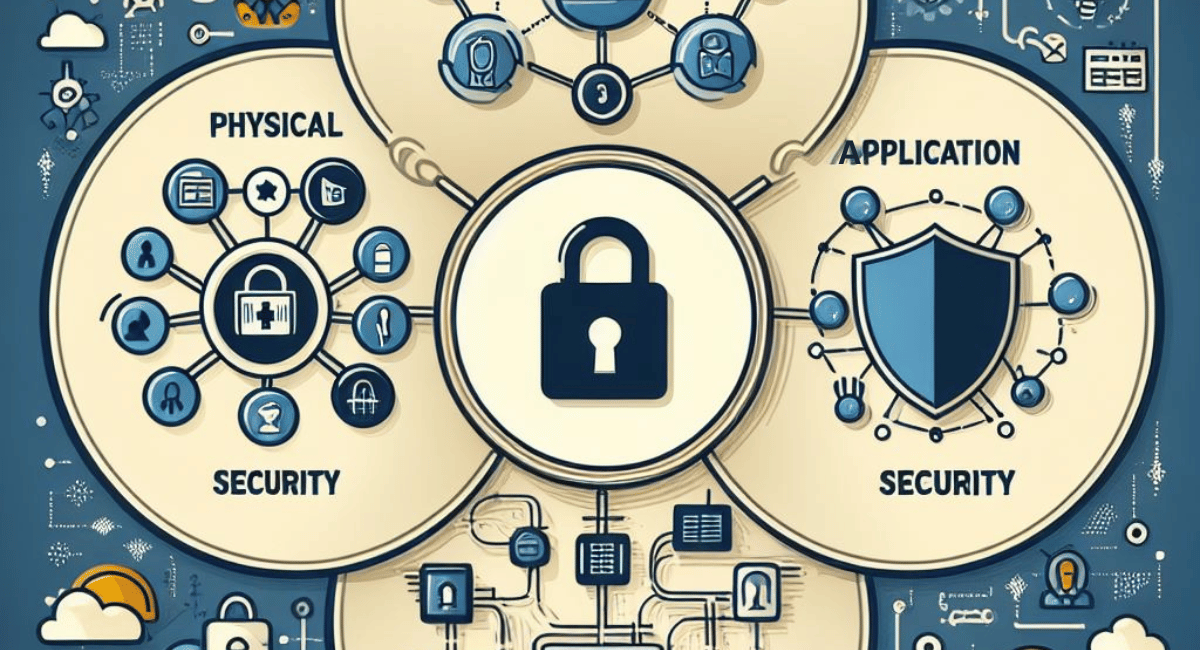How to keep Data Safe and Secure?
Whenever you try to read something about the progress or wonders of technology, you are likely to read something about a new virus or a new incident of data breach. You will know something about a virus that is haunting computer users all around the globe. Other than that, phishing scams, new malware programs, worms and spams are continuously bothering users. Computer users need to take proper measures to tackle these problems. Many of the computer users are not aware about the steps that they should take. They just believe that it is not possible to make their information safe. But, using Folder Lock and acting upon some simple tips given by experts, can help you save your data. Here are some of the tips that have been successfully tested and it has been proved that it can help you keep your security intact.
Always lock your computer when you are away

You should never leave your computer abandoned when you are away from it. Always lock your computer, even if you move away from it for just a few moments. Moreover, keep a strong password to lock your computer. Do not just set up a generic password to unlock it, instead, make a complex combination of lowercase and uppercase letters along with the digits and special characters.
Get disconnected from the internet
If you are a broadband user, you are likely to be connected to the internet. It will surely be quite risky for you. The longer you stay connected with the internet, the higher the risk for you of being attacked. Thus, disconnect your computer when the internet is not in use. The situation gets worse when you are not using a firewall and hackers are attacking you.
Use data security software
When your digitally saved records are always at the risk of getting breached, in this panicking situation, you need to use reliable data security software. As I mentioned you above that using software like Folder Lock, which offer you military grade AES-256 encryption with a single click without any complexity, is the key.
Update software on regular basis
Many people tend to keep security software on their computer, but, they hardly ever update it. Hackers or other criminals are putting their efforts and engineering new threats almost on a daily basis. These threats cannot be detected by outdated versions of software and antivirus programs. Thus, if you want to protect your computer and your precious data from the latest threats, you need to update these programs on a regular basis.
These are some of the highly recommended and trusted tips from the majority of the data security experts. You need to follow these guidelines and act wisely. Identify the threats and work on them to ensure your security. Your protection is in your hand, you just have to act wisely.
Elements Of Data Security
1. Access control: Ensuring that only authorized users have access to data.
2. Data encryption: Encrypting data so that it can be securely stored and transmitted.
3. Data integrity: Ensuring that data is not altered or corrupted during storage and transmission.
4. Data backup: Making regular backups of data to ensure that it can be recovered in case of an emergency.
Data Protection Principles
The data protection principles are:
1. Transparency: Data controllers must be transparent about the type of data they are collecting and how it will be used.
2. Legality: Data controllers must ensure that they are collecting data in a legally compliant manner.
3. Purpose Limitation: Data controllers must ensure that the data they are collecting is only used for the purpose it was collected for.
4. Data Minimisation: Data controllers must only collect the
The 6 Data Protection Act
The 6 Data Protection Act is the Data Protection Act 2018, which is the UK’s main data protection law. It sets out the rights people have over their personal data and how organisations must handle it. It also gives people the right to access their personal data and make corrections if it is inaccurate. It also sets out the conditions under which organisations can transfer data outside of the European Economic Area.
Elements Of Security
The elements of security are:
1. Confidentiality: restricting access to data to authorized individuals
2. Integrity: ensuring accuracy and completeness of data
3. Availability: ensuring that data is accessible when needed
4. Authentication: verifying the identity of users
5. Non-repudiation: preventing users from denying access or actions taken
Class 5 Data Security
Class 5 data security is a type of security that focuses on protecting data that is considered to be highly confidential. This includes data such as financial records, customer information, intellectual property, and other sensitive information. It is designed to provide the highest level of data security and typically includes measures such as encryption, access control, and audit logging.
Types Of Security

The three types of security are physical security, network security, and application security. Physical security is the protection of physical assets such as buildings, equipment, and personnel. Network security is the protection of networks and systems from unauthorized access and malicious activities. Application security is the protection of applications and data from unauthorized access, manipulation, and destruction.
Ways Of Storing Data
1. On-premise storage: This involves storing data on physical servers in a secure environment.
2. Cloud storage: This involves storing data on remote servers in a secure environment.
3. Hybrid storage: This involves using a combination of on-premise and cloud storage solutions.
Common Types Of Storage Drives

1. Solid-state drives (SSDs): These are storage drives that use flash memory to store data.
2. Hard disk drives (HDDs): These are storage drives that use spinning disks to store data.
3. Hybrid drives: These are storage drives that use a combination of flash memory and spinning disks to store data.
4. Tape drives: These are storage drives that use magnetic tape to store data.
How Should I Store My Data?
The answer to this question depends on your specific needs. Generally speaking, it is best to store your data in the most secure and reliable way possible. On-premise and cloud storage solutions both offer different levels of security and reliability, so it is important to evaluate your needs and choose the option that best fits your requirements. Additionally, it is important to consider the cost of each storage solution and the ability to scale your storage needs as your data grows.
Ways To Keep Student Data Safe
To keep student data safe, it is important to use secure storage solutions and protocols. It is also important to ensure that the data is encrypted and that access is limited to authorized personnel. Additionally, it is important to have a data protection policy in place that outlines how the data is used, stored, and accessed. Finally, regular security audits should be conducted to ensure that the data is secure and that all security protocols are being followed.
Ways You Can Protect Personal Data
1. Use strong passwords and two-factor authentication.
2. Limit access to data to only those who need it.
3. Use encryption to protect data.
4. Regularly back up data.
5. Educate employees about data security.
6. Secure physical access to data.
7. Use secure communication protocols.
8. Monitor and audit data access.
Best Ways To Protect Your Privacy
1. Use secure passwords and two-factor authentication.
2. Limit personal information shared online.
3. Use a virtual private network (VPN) when connecting to public Wi-Fi.
